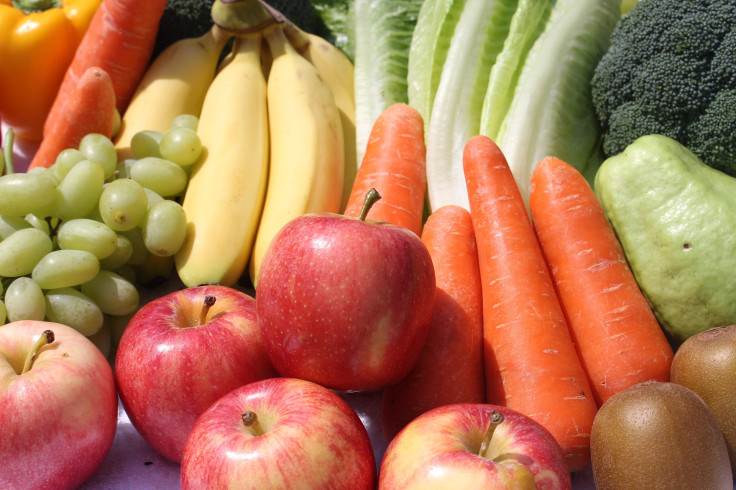Fresh Veggies Day: 5 Healthy Greens To Include In Your Diet
Fresh Veggies Day is observed on June 16 every year to encourage people to increase their daily intake of fresh vegetables and to recognize their nutritional role in boosting health.
Making the right food choices is the most important step toward a healthy life. The U.S. dietary guidelines advise people to incorporate more fruits and vegetables into the daily menu as part of healthy dietary patterns.
According to the Centers for Disease Control and Prevention (CDC), an adult should have an average intake of 1.5–2 cups of fruits and 2–3 cups of vegetables daily. However, only 1 in 10 adults in the U.S. meets the federal fruit or vegetable recommendation levels.
Benefits of eating vegetables
- Improves gut health
- Reduces inflammation
- Helps in managing weight
- Reduces the risk of type 2 diabetes
- Cuts down the risk of heart disease and stroke
- Helps in maintaining blood pressure
- Boosts bone strength
- Promotes eye health
- Better brain function
- Healthy skin
Greens to include in the diet
No single vegetable can provide you with all the nutrients. So including a variety of greens in the diet can help in getting the most out of them.
1. Spinach - It is a low-calorie superfood that can help in many functions such as boosting immunity and hydration and reducing the risk of anemia. It is a must-have vegetable, especially during pregnancy, as it contains folate - a vitamin that prevents neural tube birth defects like spina bifida in babies - and vitamin B6, which helps in the brain development of the fetus. Antioxidants in spinach can help combat damage from free radicals that causes illnesses like diabetes, cancer, and Parkinson's disease.
2. Kale - It is a vegetable loaded with nutrients such as antioxidants, vitamin C, vitamin K and beta-carotene, which helps in preventing heart disease, better eye health and weight management. Steamed kale is effective in lowering cholesterol levels in people. Research has shown that kale contains nutrients that have cancer-fighting properties.
3. Cabbage - Vitamin C in cabbage helps with immunity. The cruciferous vegetable contains phytosterols (plant sterols) and insoluble fiber, which aids in digestion and regulation of bowel movements. Cabbages are good for the heart as it reduces blood pressure, lowers cholesterol and contain anthocyanins that help in cardiovascular health.
4. Beet greens - Including beet greens in the diet can help in boosting immunity, strengthen bones and improve mental health. They contain more iron than spinach and can improve blood health by preventing and treating anemia. Beet greens also help in maintaining digestive health and improving skin quality.
5. Microgreens - Microgreens are vegetables in the form of sprouts that can be easily included in the diet as toppings for salads, sandwiches and soups. Eating microgreens can help ease constipation and improve gut health. It can also help in lowering cholesterol, blood pressure and might help in fighting cancer.




























